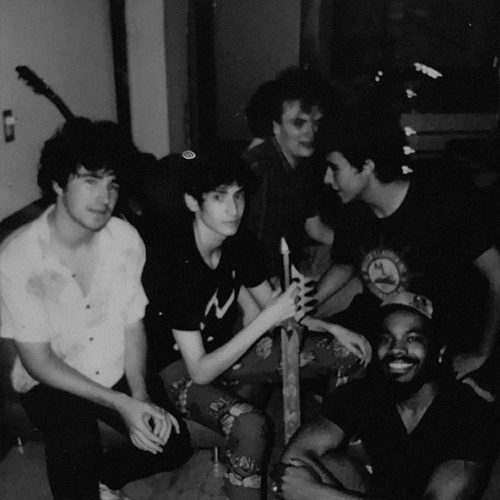Some of the most powerful songs are the ones whose meaning is purposefully obscure, songs whose lyrics paint a partial story, a story that each listener can fill in as they listen to a song, over and over again, trying to understand where this piece of art fits into the jigsaw puzzle that is life.
“Dream” by Nautics is one of those songs. It does not tell a cohesive story, and it does not always make perfect sense. But the point is not that the song makes sense, the point is not that the song is easy to understand and easy to associate with. It is difficult by nature, which opens up a more intimate relationship between the song and the listener.
The song is driven by a relatively steady melody on an electric guitar; it is simplistic and it helps create this strange kind of audio landscape. Where music might sometimes clash with lyrics, the music of “Dream” enhances them, creating an environment where the lyrics seem to fit.
As part of this association between the guitar and the lyrics are the vocals, an obviously imperative aspect of any song. The lead singer of Nautics has a distinctive voice that is smooth and nasally, a voice that adds to the environment the song creates.
“Cuz you’re the protest through my scene
I’m always asleep and I cannot dream
When you’re right next to me
I can’t change”
This does not have one simple or straightforward interpretation or meaning. To me, the story presented is one of a person blocking the singer’s ability to dream. Here, I gather more than one meaning to the word. What the singer is expressing is something of a prison; being asleep but being unable to dream. This is clarified, though: when the singer is with this person, he cannot change. Dream refers to aspirations and goals in reality, more so than in his mind.
“You’re the sunshine I never see
I’m always asleep and I cannot dream
When you’re right next to me
I can’t change”
The picture the singer is painting here is one where this special person is not necessarily bad. She or he is like the sun, but he is unable to see that kind of light because he is trapped in unconsciousness, unable to escape mediocrity through dreams and evolution.
“Dream” is a simple song. But simple is not a bad thing. It creates a canvas that is partially painted, creating a foggy sort of image, one that begs to be filled in by the listener, one that is easily applicable to different kinds of people living different lives.







